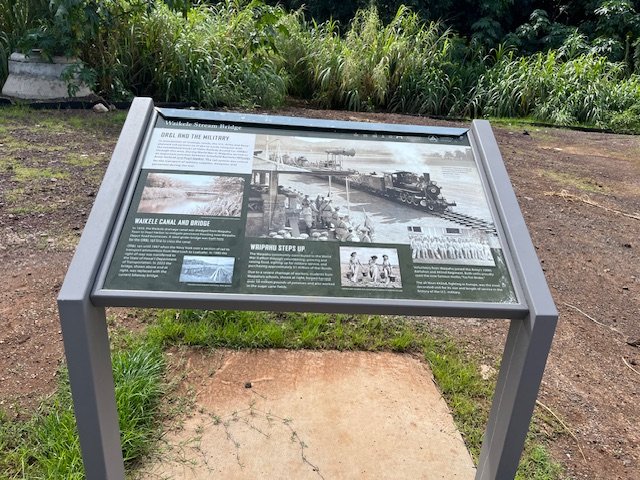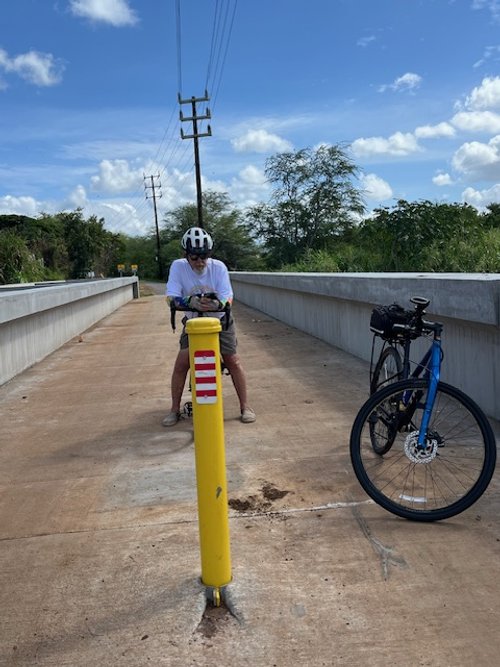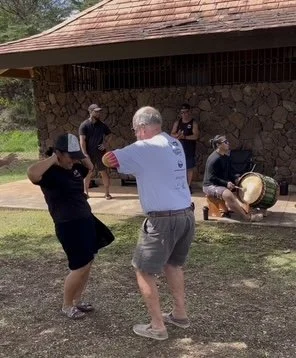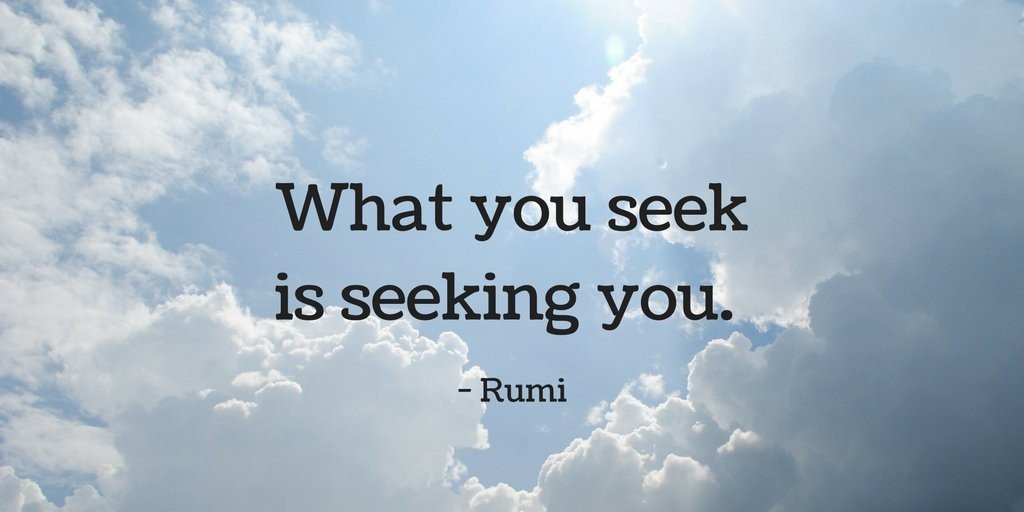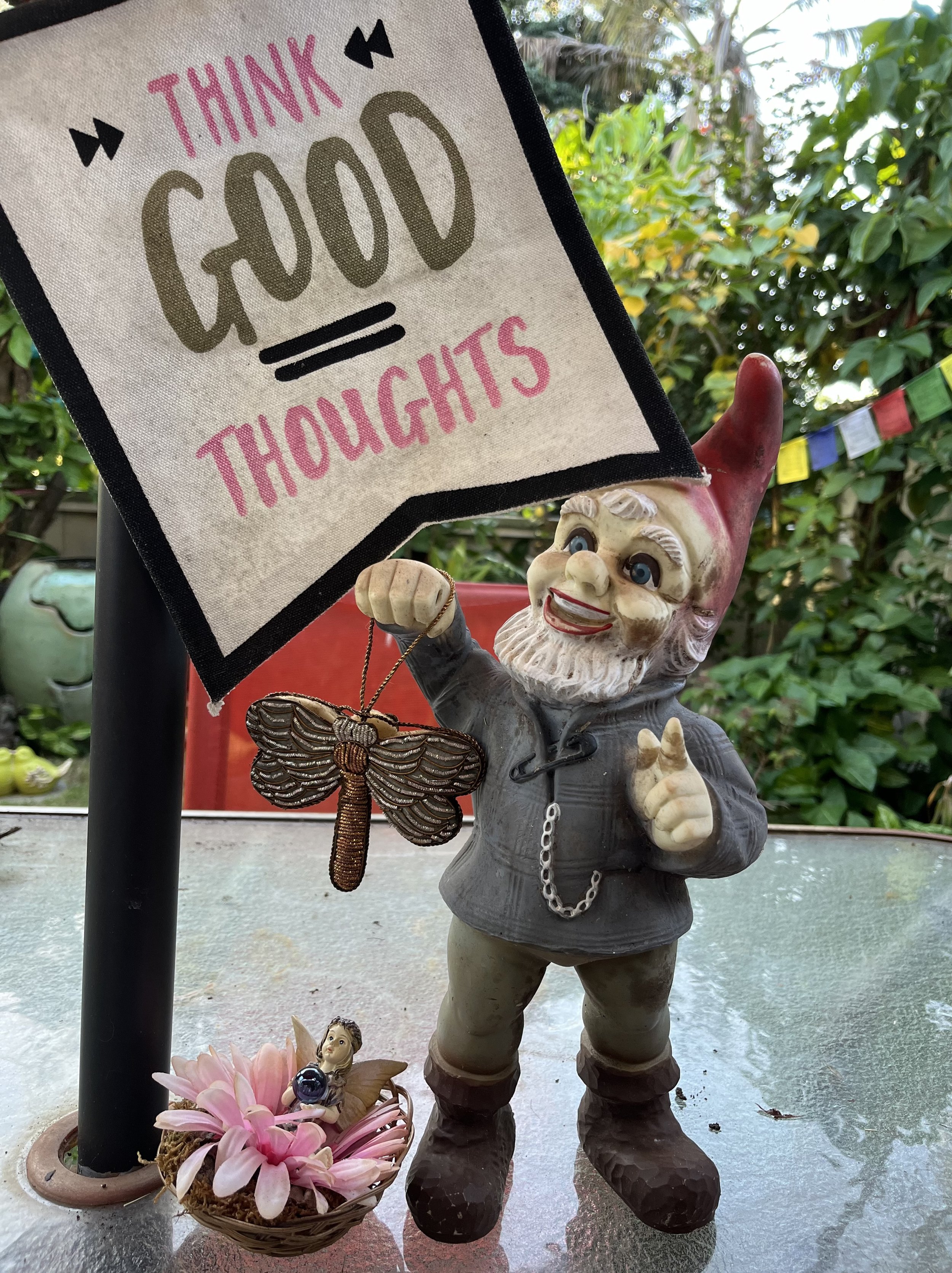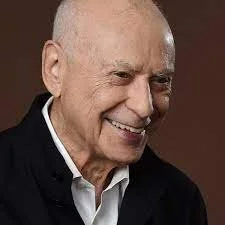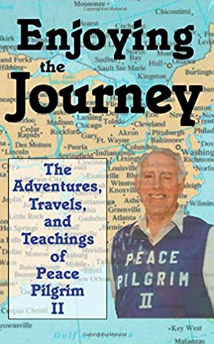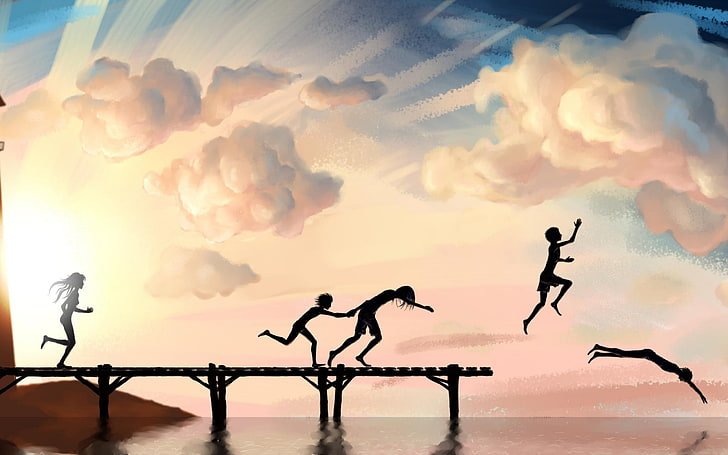Ready for a miracle story? But not a religious one. This is the non-denominational kind. All faiths (and athiests) welcome.
This is a true story that proves, beyond a shadow of a doubt (at least to me) that human beings are, despite all news headlines to the contrary, inherently good.
It begins with an innocent bike ride. My husband and I love to bicycle on the weekends. A few Saturdays ago we were riding on an off-road bike path at Blaisdell Park in Central Oahu. “Off road” means there are no cars anywhere around. The hidden path, which runs along Pearl Harbor, can only be accessed by walking or bike.
We had ridden approximately 6 miles from where we parked our car (we transport our bikes on a bike rack so we can ride all over Oahu), happily on our way to West Loch Shoreline Park in Ewa Beach. It was a beautiful sunny day. We pedaled past graffiti art and hidden streams.
Some people don’t like riding this particular bike path because it’s extremely isolated and includes a large community of homeless men and women. But we’ve always loved riding there and always felt safe.
On our way, we were thrilled to discover a newly paved part of the path (thanks to the efforts of the Hawaii Bicycle League) and stopped to enjoy the historical markers when my husband’s phone rang.
He took the call, pulled out his wallet, and set it on the concrete ledge while searching for something. Afterward, we hopped back on our bikes and rode two more glorious miles to West Loch, where a lively Tahitian dance troupe was rehearsing.
One of the friendly dancers pulled my 77-year-old husband up, urging him to shake his booty to the thundering drums. What a scene! What a wonderful way to spend the afternoon.
What could possibly go wrong?
Hubby shaking his booty to Tahitian drums!
We took off like bats out of hell, my husband far ahead of me. But then—he stopped. When I reached him, he was slumped on the ground beside his bicycle, staring at a flat tire.
I barely slowed down.
The entire time, I sang out loud, a sort of prayer-song that burst spontaneously from me; a song affirming that Light surrounded his wallet; that Light surrounded his heart because he was very upset - and a few years ago he had literally keeled over on the couch and ended up having open heart surgery.
I pedaled as fast as I could, singing over and over about the Light, affirming over and over my belief in miracles.
The wallet could still be there.
It’s possible.
Anything is possible.
I pedaled hard and fast, singing and praying, praying and singing. I could see the concrete bridge up ahead. I could see the historical marker. I practically flew to the spot.
But…
No wallet.
Gone.
I rode back to Dennis with the bad news. To make matters worse, our bike pumps failed, and the spare tube was useless.
Miles from the car, stranded, with one working bicycle.
Dennis ended up walking his bike two miles back to West Loch. I rode six miles, alone, back to the car, loaded my bicycle on the rack, and drove to Ewa Beach to pick him up.
At the park, we called the police and filed a report. As we drove home, Dennis seemed calmer. “I thought about it,” he said. “I decided that maybe my wallet and that money was the answer to someone’s prayers.”
What a beautiful perspective.
I reminded him of my old ex-boyfriend, David—how decades ago, he left his wallet in a New York City bar, with a hundred dollars inside. He was new to the city and really needed that money. A few days later, a stranger called and returned it, untouched.
Or the time, many years later, that same ex had his old junker stolen in Baltimore. Two weeks later, the police found it—with brand-new brakes.
Anything is possible.
I really felt, in my heart of hearts, that the wallet could show up.
Almost a week later Dennis received a notice in the mail from the post office that he had a package but needed to pay the outstanding six dollar postage.
“It’s your wallet!” I exclaimed exuberantly. “I know it!”
And yep, you guessed it, I was right!
The entire wallet, untouched, with every last dollar bill.
So what’s the moral of this story?
It’s simple (again, at least to me)…
People are inherently good.
Life is inherently good.
Miracles abound.
But when it doesn’t feel that way, take a deep breath and remember what the 13th century mystical Sufi poet Rumi has to say…
That’s it for today.
Love & miracles,
Marcia
P.S. I’m sooooooo excited! I just received the first round of my audiobook for QUEST, my latest novel and it’s amazing to hear this incredibly talented British narrator bring the story to life. When it’s ready the audiobook will be available on Audible, Spotify, Google Books, and more. Of course, I’ll keep you in the loop!
P.P.S. In case you already forgot…you don’t have to look very far to find a miracle. Feel your heart beating. Listen to a bird singing. Watch a toddler giggling. We live in a universe of wonders…
A peek into my backyard
P.P.P.S. Here’s a surprising global scientific study about honesty & lost wallets!





